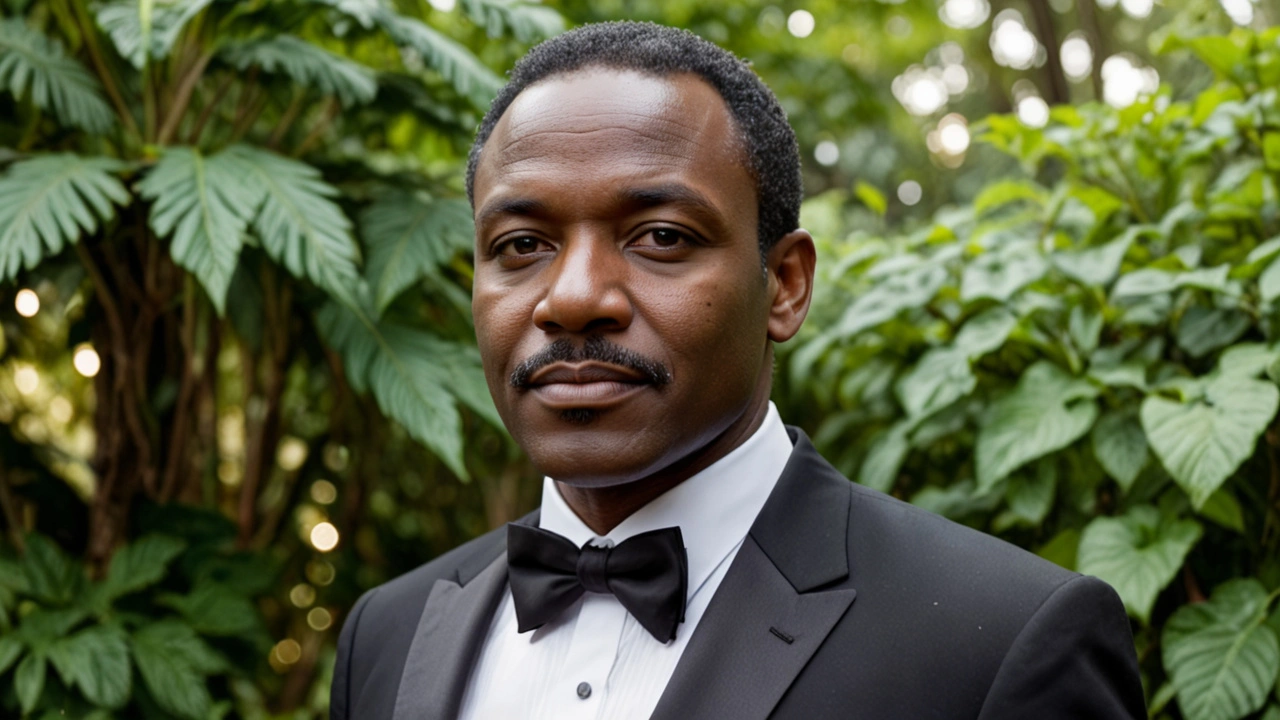Wole Soyinka: Nigeria’s Nobel Prize Literary Legend
Wole Soyinka is a name that immediately rings a bell when talking about African literature and activism. Known for being the first African to win the Nobel Prize in Literature back in 1986, Soyinka’s work goes beyond storytelling—it’s a strong voice against oppression and injustice. But who exactly is Wole Soyinka, and why does his legacy matter even today?
Soyinka’s career spans decades, filled with powerful plays, poems, and essays that dig deep into political and social issues. His writing pulls from Yoruba traditions and combines them with sharp political commentary, often challenging authoritarian regimes. If you’re curious, famous plays like "Death and the King’s Horseman" showcase his skill at blending cultural heritage with dramatic storytelling.
Why Wole Soyinka’s Work Still Matters
One reason Soyinka remains influential is how he uses literature as a weapon for change. He was imprisoned for his outspoken views during Nigeria’s civil war but never stayed silent. His commitment to human rights and freedom of expression inspires many writers and activists today. Beyond the stage, Soyinka’s essays and public speeches address corruption, governance, and social justice, making his message relevant globally, not just in Nigeria.
Exploring Soyinka’s Contributions and Legacy
Whether you’re diving into African literature or interested in political activism through art, Soyinka’s work offers a rich experience. He’s a bridge between traditional African storytelling and contemporary issues, giving readers a unique lens on society. Plus, his Nobel Prize win opened doors for African writers worldwide, proving that their stories deserve global attention. If you want to understand modern African literature, you can’t ignore Wole Soyinka’s contributions.
So, if you’re ready to explore the creative and courageous world of Wole Soyinka, you’ll find a mix of drama, poetry, and activism that challenges the status quo and celebrates African identity. His work pushes us to think, question, and demand better societies—something that never goes out of style.
